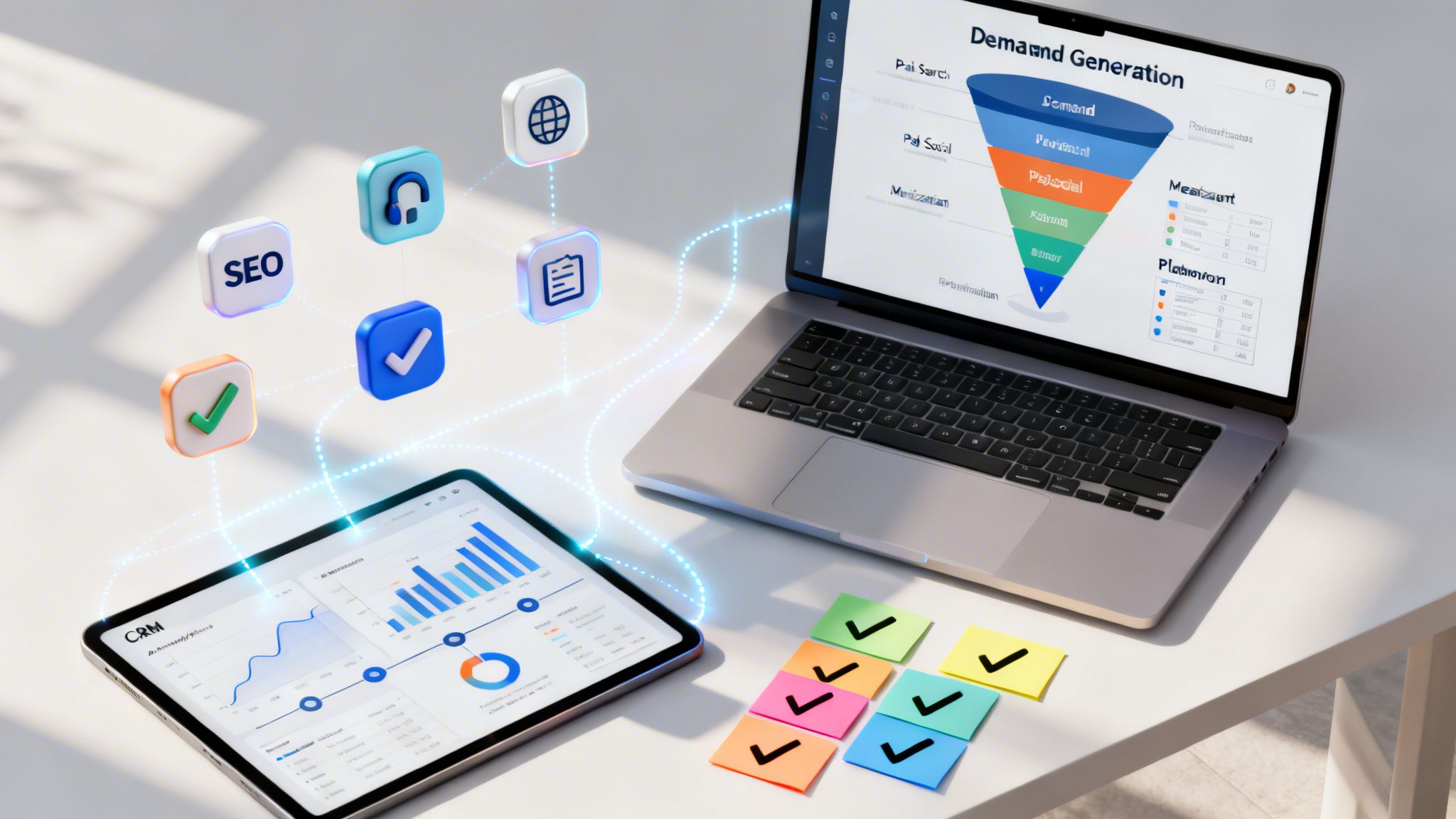SEO is the process of optimizing your website to make it more visible in search engines. It’s a very important part of any online marketing strategy, and if you want to be successful with this type of advertising, then you need to learn how to do it right!

What Is SEO?

The most basic definition of Search engine optimization is making sure that when people are searching for something on Google or another search engine, they find what they were looking for easily. This means getting as many links back to your site from other websites as possible. The best way to get these links is by writing articles about things related to your business and submitting them to article directories. You can also submit your own blog posts to blogs relevant to your industry.
How Does SEO Work?
When someone searches for information using one of the major search engines like Google, Yahoo!, Bing etc., their browser sends out an HTTP request to those servers asking for certain web pages. These requests contain keywords which help the server identify the page being requested. When the server receives the request, it checks its database to see whether there's already been a match made between the keyword and the content of the page. If so, the response will include the HTML code for the matching page along with some additional data such as images, videos, and even advertisements. In order to receive all of this extra information, the user must have JavaScript enabled. Once the server has finished processing the request, it returns the results to the requesting computer.
Why Should I Do My Own SEO?
If you're not familiar with SEO, chances are you've seen ads popping up at the top of search results telling you to "click here" to visit a particular company's website. That ad may look convincing enough but it could actually be misleading because the person who wrote that ad didn't know anything about SEO. They just wanted to sell you something. On the other hand, if you take the time to research different ways to optimize your website, you'll probably end up spending less money than hiring somebody else to do it for you. There are plenty of companies offering services ranging anywhere from $50-$500 per month depending on the size of your budget. But why pay hundreds of dollars every month when you can spend only a few hundred doing everything yourself?
If you don't feel comfortable taking care of your own SEO needs, you should consider outsourcing it instead. Outsourcing allows you to focus on running your business while letting experts handle the technical side of things. If you want us to handle your SEO needs, click here for pricings and info.
There are lots of reasons why you would hire a professional to perform SEO tasks for you. However, if you decide to go down the DIY route, remember that you still need to put in the effort required to ensure success.
It takes more work than simply paying someone to do it for you, but it doesn't require any special skills. All you really need is dedication and persistence.
What Is Search Engine Marketing ?
The term SEM refers to marketing activities designed to increase traffic to a specific website through online channels. A good example of SEM is paid advertising where businesses purchase space on popular sites like Facebook, Twitter, YouTube, LinkedIn, and others. Other forms of SEM include social bookmarking, press releases, blogging, video sharing, etc.
There are two main types of SEM: organic and non-organic. Both offer benefits; however, each comes with its pros and cons based on how well they align with your goals. Keep reading below to learn more!
Organic vs Non-Organic - What’s the Difference?
Non-organic search results appear in the form of sponsored listings, display ads, and natural listing descriptions. As a result, they often feature higher prices compared to organically displayed products. While both offer advantages, we highly recommend going with organic due to better quality scores. For instance, product reviews are generally absent in paid results whereas they play a crucial role in influencing customers.
Advantages Of Organic Traffic
1) Higher Quality Score – Since the algorithm favors high-quality content over low-quality ones, having fewer errors gives you a leg up on the competition. This means that your site will load faster as well since there won't be as many 404 pages or broken links slowing users down.
2) Better CTR – The number one reason people leave websites is because they get distracted by all those annoying popups and banners. Having no such distractions helps keep visitors engaged which leads to increased conversions.
3) More Relevant Results – When searching for information using Google, Bing, Yahoo!, etc., most searchers expect to see relevant results at the top of page 1. By appearing first, your website has an opportunity to show up before competitors even start typing their queries into the search bar.
Disadvantages Of Organic Traffic
While organic traffic can bring in targeted audiences, it also brings along some disadvantages. Here's what you should know about them:
1) Lower Conversion Rates – Because these visits aren't influenced by advertisements, they tend to have lower conversion rates than other sources of traffic. In addition, when people find out that you pay money to boost rankings, they may become wary of clicking on your offers.
2) Less Targeted Audience – Unlike PPC campaigns, organic searches don't allow advertisers much control over who sees their messages. Instead, they're limited to targeting keywords related to their industry.
How To Increase Website Conversions With Organic Traffic
If you've been thinking about starting an ecommerce store, now might be the perfect time to jump in headfirst. According to statistics from Shopify, sales during Black Friday were up 30% year-over-year. That makes this holiday season ripe for growth. But just getting started isn't enough — you'll need to make sure your website converts browsers into buyers.
To help you achieve that goal, we've compiled a list of tips that will improve your chances of converting shoppers into repeat clients. Use these strategies to optimize your site so that it increases revenue and profits.
Use Keywords Strategically
When optimizing your website for search engines, use keywords strategically. You want to target terms that describe your brand, services, and products. These words shouldn't only appear once throughout your text though.
DIY vs Working with Digital Marketing Agencies
When working with digital marketing agencies, you typically hire someone else to do the work for you. However, if you are willing to put in the effort yourself, then DIY SEO could be right for you. If you decide to go the DIY route, here are three things you should consider doing:
1) Create A Plan For Your Campaigns - Before jumping into any project, take the time to create a plan. Know exactly how long each campaign will last, where you’ll spend your budget, and what metrics you hope to track.
2) Start Small And Grow As Needed - Don’t try to tackle everything at once. Focus on building small projects that add value to your business. Once you feel comfortable with your skillset, move onto bigger tasks.
3) Be Patient - It takes time to build trust between brands and consumers. While you may not notice immediate gains, eventually your efforts will begin paying off.
Optimize Images On Social Media Platforms
Images are often overlooked when creating social media posts. They provide valuable context for readers and encourage engagement. So why would anyone post without images? Well, according to HubSpot, “only 6 percent of marketers say they regularly include photos in their social media updates.”
So, while you may think that adding more pictures to your Facebook profile doesn’t matter, it actually does.





